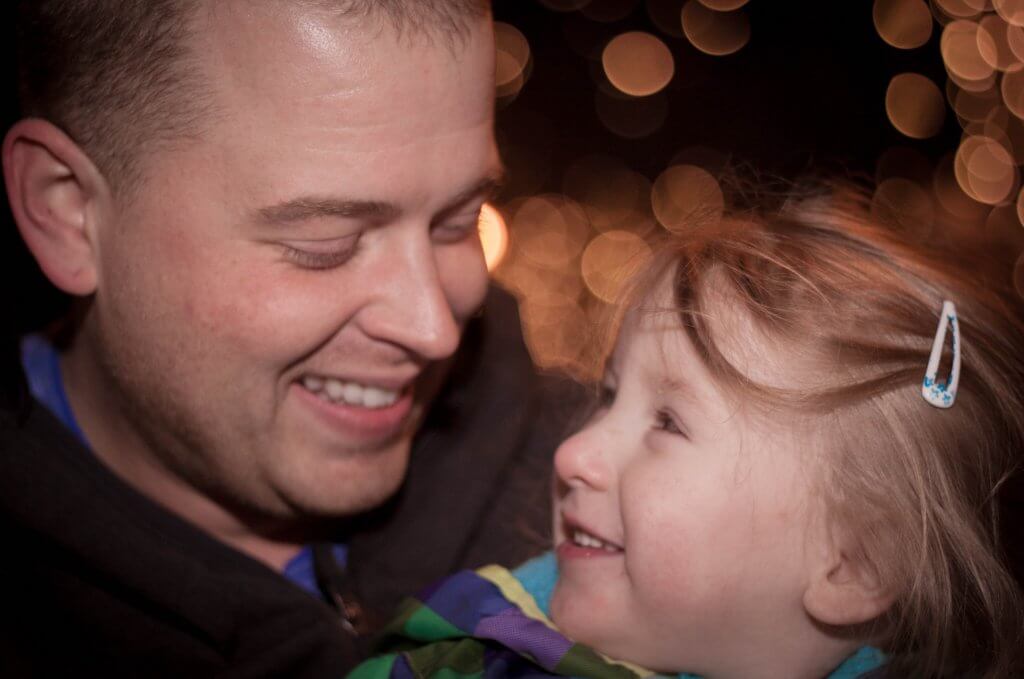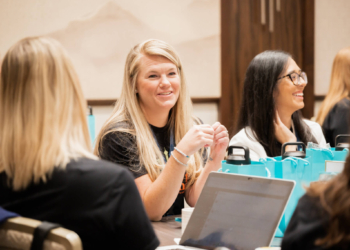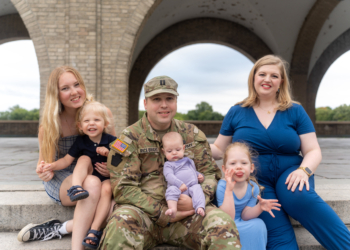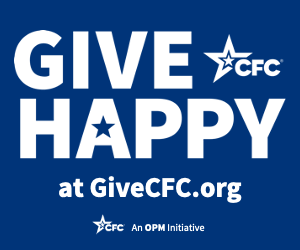The “co” in co-parenting stands for cooperation.
The concepts of co-parenting and collaborative divorce can be hard to understand in a culture where in one breath we encourage women who are unhappy in their relationships to leave, then in the next breath we urge both parties to fight to the death over everything: who gets the house, the car, the kids, the ability to make decisions, even over the dog.
When my ex-husband and I separated, we never had a conversation about what type of divorce to pursue. Once we knew that the end of the relationship was imminent, we quickly realized that it wasn’t in the best interest of our family to allow a judge to make decisions for our children, as he/she didn’t even know us and this was the most vulnerable time of our lives.
In a perfect world, a custody agreement would forecast everything that could ever come up, but if we put the energy into trying to agree on every detail, that agreement would be the size of a military training manual with the added negotiations of hypothetical situations that may not ever matter.
Raising whole children in a “broken” family
At the time of our divorce, I never envisioned the co-parenting relationship we have today, nor did I ever expect for my ex-husband or his wife to feel like an extended part of our blended family. As I started working for an attorney specializing in collaborative divorce, and we started dating our new spouses, our co-parenting relationship started shifting drastically when collaboration had a positive impact on both households.
The Christmas after our divorce was the holiday that really defined our co-parenting relationship. We agreed that year that I would have them for the holiday itself, but we hadn’t thought to coordinate the issue of gifts ahead of time. We also agreed that we would do what was best for our children, always. So there I was sitting next to their small pile of gifts that I worked so hard for, and I realized they would wake up without a gift from their dad. My greatest concern at that point was knowing my daughters would feel forgotten by their daddy when they only saw gifts from myself and my now-husband. I took the “it gifts” of the year and wrote “Love, Daddy” on the gift tags. I then shot off a text to my ex-husband since they would insist on calling to thank him.
It was at that point I think my ex-husband realized how serious I was in continuing to be a parenting team for our children. I hope that as our children grow, they don’t realize until they’re much older what a divorce is because they felt so loved and cared for despite their own parents going through one.
We don’t call parenting visitation
Despite the legal terminology, we don’t use the word visitation in our home to describe our kids’ visits with their dad. It is simply his turn to parent. We also deviate from our schedule as much as possible so that he can see them more often. Got a family vacation? No problem. If we have a trip up north planned, we make arrangements to stop by. And, if we have a reason why we can’t give 100% to parent them, such as moving or health issues, the other parent is our first call.
As their primary caregiver, we are so blessed to see them so much, and we look forward to co-locating after the military so that our children can come and go between our homes as they please.
Communication is key… even for the kids.

The kids are also allowed to call anyone in the family over video chat. We work together to send small gifts and care packages to their family members. As parents, we learned that helping the girls celebrate all of their family has helped the adults foster and repair our own relationships with each other, as well as close the distance the girls may feel with faraway family members.
Visit https://www.militaryonesource.mil/leaders-service-providers/parenting to find resources from Military OneSource on parenting, counseling and tools to strengthen your family.
Read comments

















































